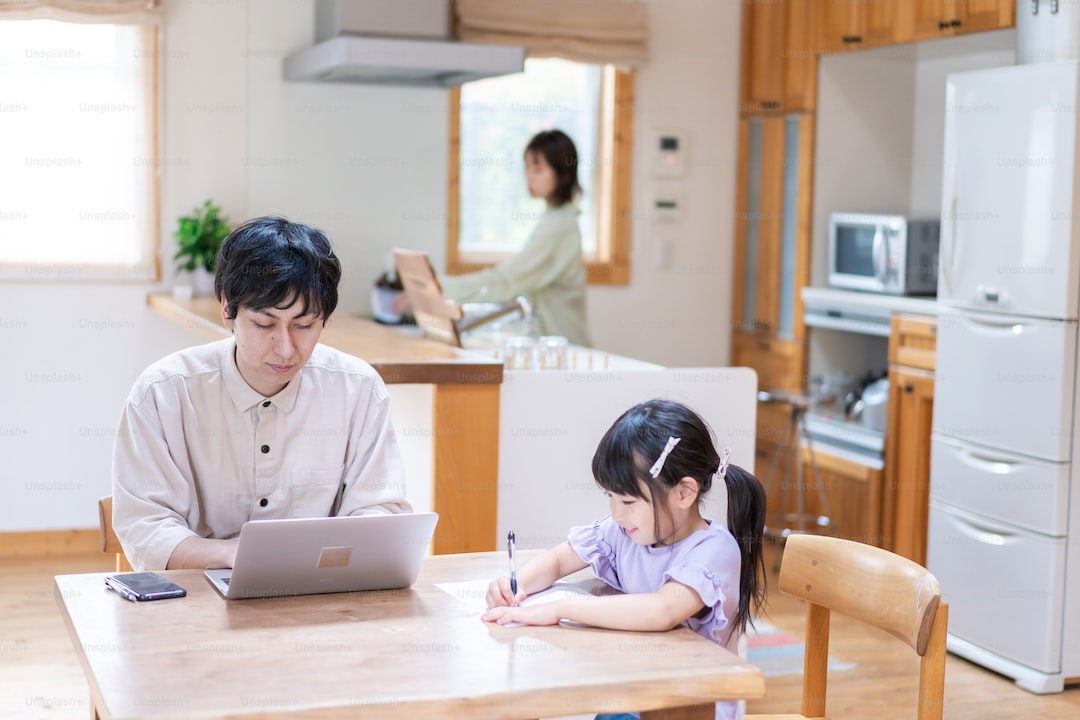中国消费者报报道(记者郑铁峰)浙江省金华市浦江县虞宅乡新光村是信任文化首批中国传统村落之一,其中的浙江廿玖间里(浦江现存最大的单栋古建筑)是国家级乡村旅游创客基地。浦江县市场监管局自2019年开始指导该村创建放心消费商圈,浦江并在创客基地创新推出“掌柜不在,无人自助购物”的销售消费消费模式,将“信任文化”与业态发展相融合,模式助推共同富裕。提升截至目前,放心新光村17家经营单位均实行“掌柜不在,信任文化自助购物”模式。浙江
“掌柜不在,浦江自助购物”无人销售消费模式,无人即店内无人值守,销售消费所有商品明码标价,模式游客在游览过程中可以自主选购商品,提升直接扫码下单。浦江县市场监管局着力打造诚信经营新模式,统一制作融合放心消费元素的“掌柜不在,自助购物”示意牌、无人销售“温馨提示”引导牌和放心消费公开承诺牌三块牌匾,将商家承诺、商品特点、购物付款方法以及售后处理联系方式悬挂在经营单位显眼位置,营造放心消费环境。
为进一步提升消费维权效率,该局联合新光村村委会、司法所改造升级消费维权调解办公室,建成集消费调解、司法调解、人民调解为一体的村级消费维权联络站,进一步畅通消费维权渠道,实现消费矛盾在村里化解,确保轻微消费纠纷不出村,一般消费纠纷不出乡。截至目前,解答消费咨询102起,开展宣传消费知识活动3次,发放消费宣传手册600余份,暂未收到涉及商圈内经营户的消费纠纷投诉。
浦江县在放心消费建设中,将乡村淳朴“信任文化”与业态发展相融合,如今已成了新光村乡村旅游的一张名片。据统计,新光村平均每天客流量达5000多人次,周末可达1万多人次。
责任编辑:50
电影《无名》发布日版海报 5月3日登陆日本院线

12月14日你要知道的15个股市消息|投资简报

未达到预期!曝湖人就交易威少进行内部讨论

12月14日美原油交易策略:油价可能继续横盘

建筑意外保险如何理赔案例分析

美的置业佘佐钧:5重定制标准,让每一座璟睿演绎“在地的未来”